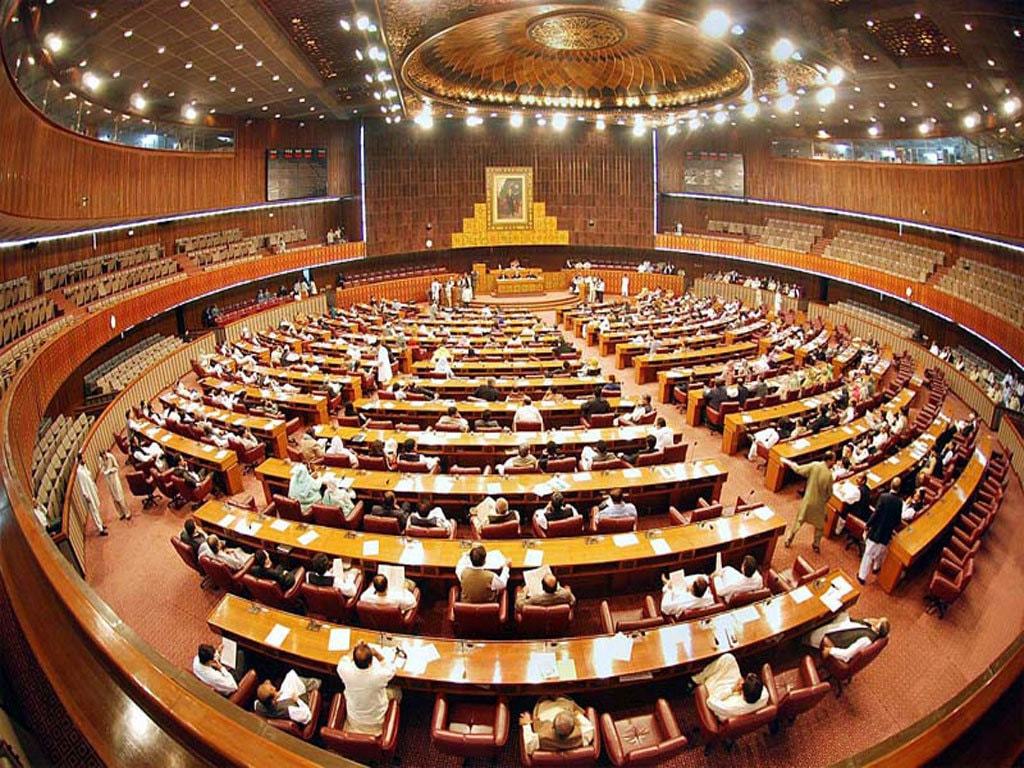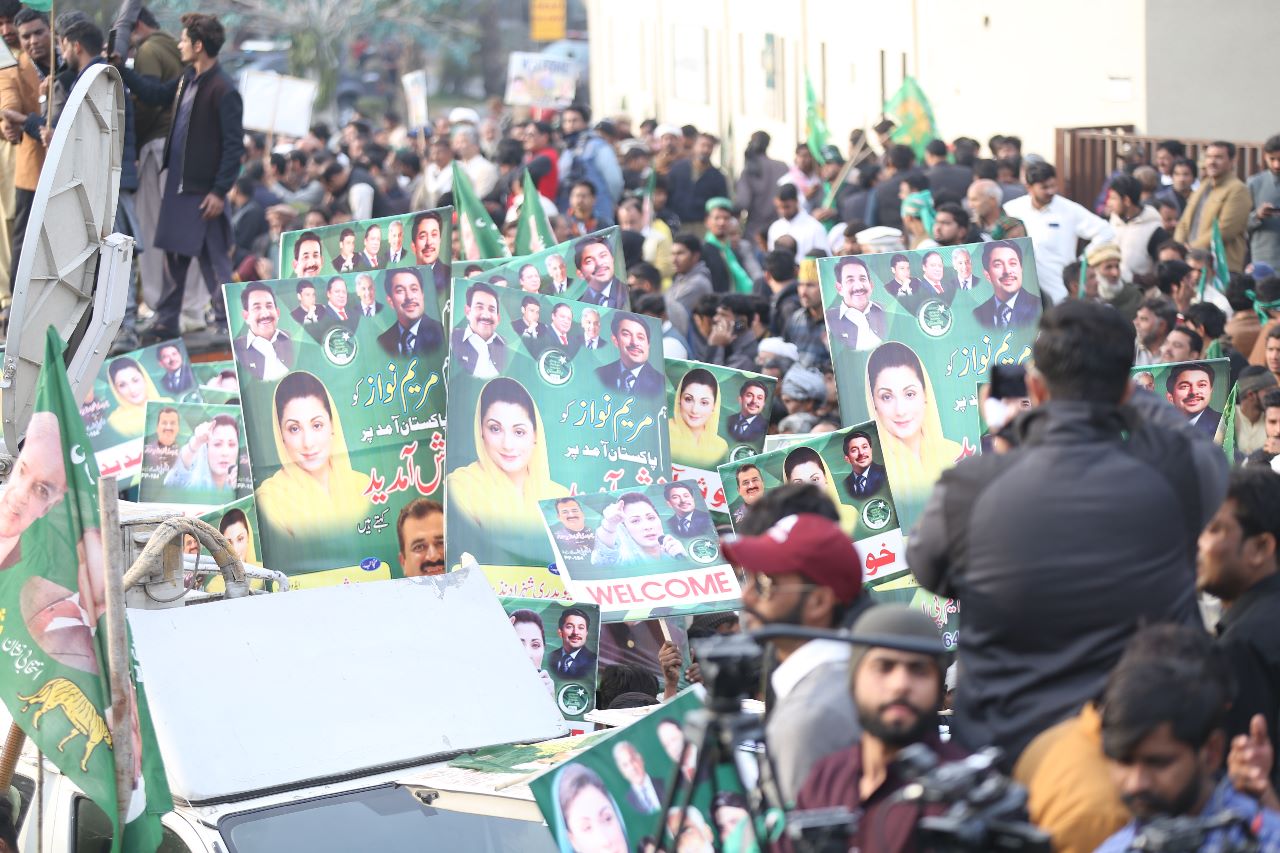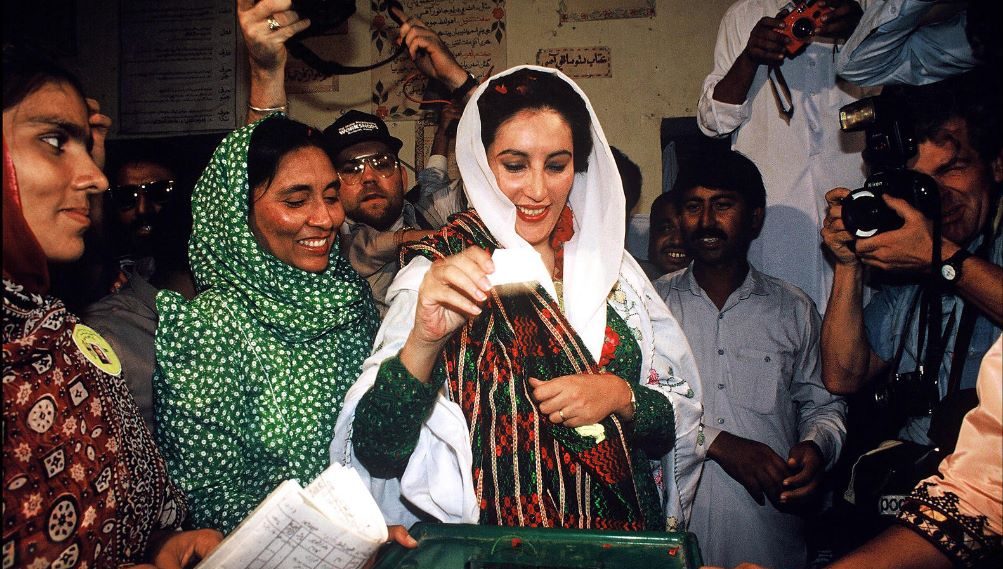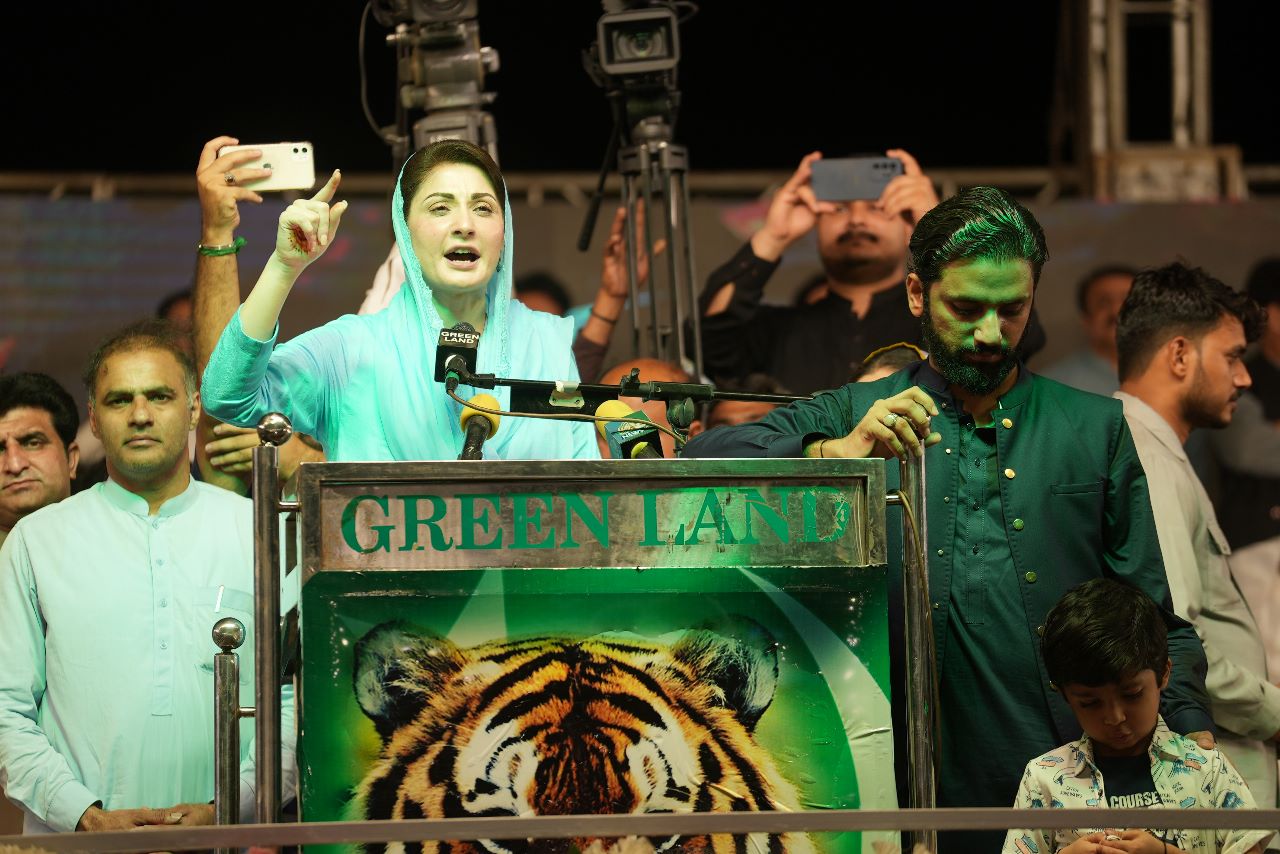When opponents resort to unparliamentary language, one can be certain that the woman referred to has made her mark in her profession and men around her have started exhibiting their insecurity. Pakistan has experienced this phenomenon from the very beginning of its existence when the sister of Quaid-e-Azam, Mohtarma Fatima Jinnah, was derided and made a butt of jokes because she had ‘dared’ to challenge General Ayub Khan in the 1965 presidential elections. Then followed the rise of Begum Nasim Wali Khan who boldly faced alleged scandals and accusations and led her party for ten years. Shaheed Benazir Bhutto was the third political hero whose success could not be easily digested yet she pushed on, paying no heed to idle gossip and vain statements of her rivals. These were political women but this male-dominated society has not spared successful women in any field. Asma Jahangir of the judiciary, Marvi Sirmed and Asma Shirazi in the media and countless other women have also encountered their share of nasty criticism.

At 49 years old, Maryam Nawaz is Pakistan’s latest sensation. Making her formal entry into politics in 2012 as the campaign manager for her father, she has slowly but surely edged her way to the centre of the political debate in the country. Her current breezy tour of the metropolitan cities to address massive crowds as the leader of Pakistan Muslim League-Nawaz (PML-N) has assured her a position in the highest echelons of the political arena. Many observers and analysts are tipping her as the future prime minister of Pakistan. Initially diffident, she rallied her confidence and strength to build a strong campaign around her party’s slogan, ‘Vote Ko Izzat Do’ (Respect the Vote). She speaks eloquently and with a dignified assurance and the crowd listens with attention and admiration.

Looking closely at the life of the four illustrious political leaders here, one can find some similarity in the way they were forced into politics perhaps against their wishes. All four witnessed the suffering and humiliation that their beloved family members were put through. Fatima Jinnah lived through the agony of the last days of her ailing brother first in Quetta and then later in Karachi. Added to this pain was the feeling of disgust with the takeover of the military and the total disregard for Quaid’s beliefs and practices. She put up a bold fight and contested the presidential elections of 1965 against the powerful General Ayub Khan, but in the presence of a strong lobby working against her, she could not succeed.
Begum Nasim Wali Khan, a homely person from a conservative Pakhtun region, threw all caution to the winds and came out on the road with her daughters and other Pakhtun women and men to condemn the imprisonment of her husband, Abdul Wali Khan, president of the then National Awami Party in 1975. With encouragement from her husband and brother, she won a seat in the general elections in 1977 and became the party’s president for 10 years.
Shaheed Benazir’s story is the saddest of all. Stepping out as a young lady in mourning for her executed father, Zulfiqar Ali Bhutto, she succeeded in pulling together the scattered workers of his party and infused new vigour, hope, and determination into them. Her efforts resulted in the PPP becoming the most popular party of the country at the time and her successful two time election as prime minister. However, she could not survive the intricate conspiracies woven around her allegedly by her male associates and opponents, who rested only after her cold blooded assassination in December 2007.

These four formidable women from elite families have created an image of a politically gender-balanced country. There is no doubt that Pakistani women are strong and very vocal. They are also aware of their strengths, which they strive to put to good use. They are ambitious, competitive, and hardworking. Moreover, they are resilient and have proved on several occasions that they can endure and survive in very challenging circumstances. Given an opportunity, they never fail to exhibit their brilliant execution of tasks entrusted to them. As artists, bankers, judicial experts, writers, or managers, women’s consistent struggle to change their lives has helped them to infiltrate into the spaces so far dominated by men. Yet the political system of the country has failed to harness this strong force effectively. Women remain largely unseen in the political arena, under instructions to follow the line adopted by men. Though women got their right to vote much earlier than in some European countries, their presence in the law-making institution, the parliament, is minimal. A meagre 56 women have been able to get elected to general seats during 14 tenures of the National Assembly, from 1985 – 2018. Pakistan ranks 112th for its percentage of women in parliament, the majority of whom were elected on reserved seats.

Security and economic challenges have pushed the political empowerment of women down the list of national priorities. This is unfortunate, as women’s political strengthening and participation in decision making are directly linked to the overall development of a nation. Disinterest of the state coupled with religious and cultural patriarchy has seriously impacted women’s contribution to the country’s GDP, which stands pathetically at 24 per cent. Women face gender discrimination, endemic sexual violence and harassment. A 2021 report by Women, Peace and Security places Pakistan as the 6th most dangerous country for women.
As artists, bankers, judicial experts, writers, or managers, women’s consistent struggle to change their lives has helped them to infiltrate into the spaces so far dominated by men. Yet the political system of the country has failed to harness this strong force effectively.
Despite these statistics, there is light at the end of the tunnel. Institutions set up for strengthening the gender development process such as the Commissions on the Status of Women are working closely with women parliamentarians, law enforcement agencies, and civil society organisations to effect change. The Election Commission of Pakistan and the National Database and Registration Authority (NADRA) are jointly working to increase the number of women voters which is currently 45 per cent against the male figure of 55 per cent. Women activists are pinning their hopes on the power of the vote and the local government elections are helping women gain confidence to withstand pressures from men in their community. Judging from the last couple of years, women’s prospects look bright. Social media is playing a significant role in revolutionising thinking and attitudes. More and more women are mustering courage and taking full advantage of the sudden and unexpected freedom available to them. The best part is that this media has no biases, no prejudices, and no injustices. Women from everywhere, irrespective of, to use the oft-repeated cliche, cast, colour, and creed, can use this platform and be heard. There is no urban-rural or rich-poor divide. Used effectively, one can look forward to a truly egalitarian society created and controlled by the people, both women and men, themselves.
The writer is the senior vice president of PML-N’s Women Wing, Khyber Pakhtunkhwa and founder and chief executive of the De Laas Gul Welfare Programme.








